About the course
Higher PE - Course assessment
The Higher P.E. course is assessed in two parts: The performance and the exam. The performance involves you being assessed in two different activities. The exam tests your knowledge and understanding of the theoretical components of the course.

Higher PE - Command words
Your knowledge will be tested in different ways in the Higher Physical Education exam. This will be done through five command words: identify, describe, explain, analyse and evaluate.
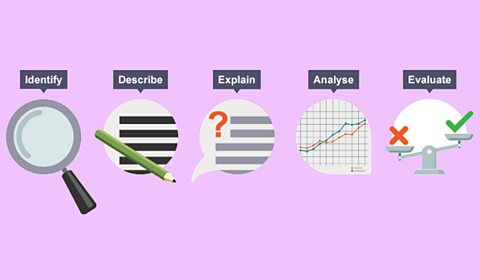
Higher PE - Scenario
The third section of the Higher Physical Education exam is the scenario. This will always relate to two factors and can include any of the course content.
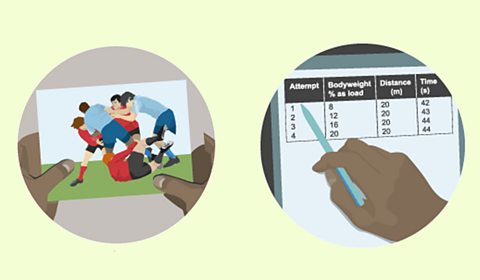
Factors impacting on performance
Factors impacting on performance - Introduction
When answering questions on factors and how they impact performance, you should provide specific and in-depth answers. To achieve this, you can follow the 3-step process.
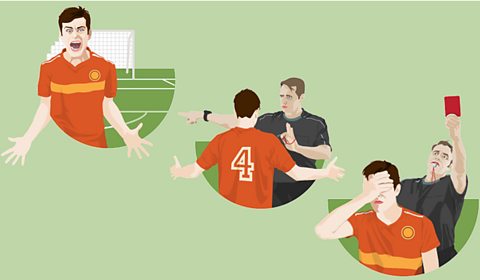
Impact of mental factors on performance
Mental factors can be divided into two different sections: those concerned with cognition and those reflecting psychological traits. They impact performance in different ways.
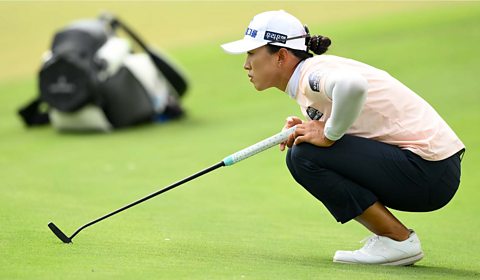
Impact of emotional factors on performance
Emotional factors refer to the range of different emotions you experience during participation in sport. Some of these emotions can be positive, others negative, and some can even be controlled to move from negative to positive.
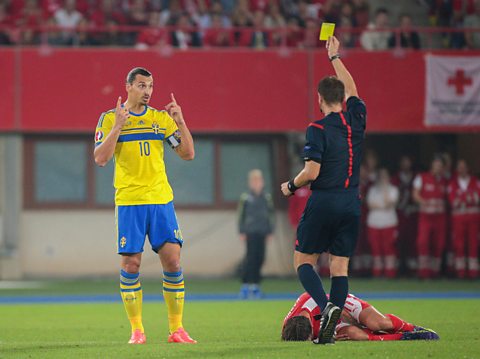
Impact of social factors on performance
Social factors refer to socialisation with teammates, the opposition and in different environments. They can impact performance in different ways.

Impact of physical factors on performance - Fitness
Physical factors refer to fitness, skills and tactics. Fitness covers agility, CRE, flexibility and power. These can impact performance in different ways.
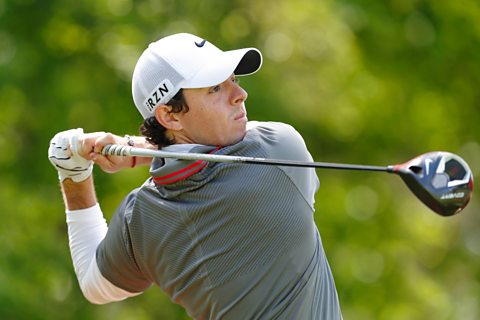
Impact of physical factors on performance - Skills
Physical factors refer to fitness, skills and tactics. Skills covers reaction time, accuracy, consistency and rhythm. These can impact performance in different ways.
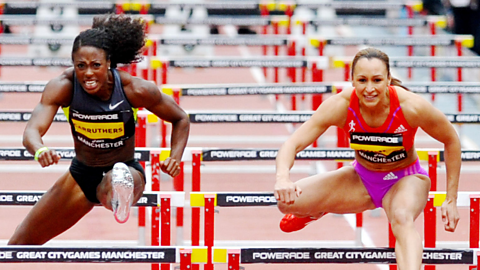
Impact of physical factors on performance - Tactics
Physical factors refer to fitness, skills and tactics. Tactics covers delay, penetration and width. These can impact performance in different ways.
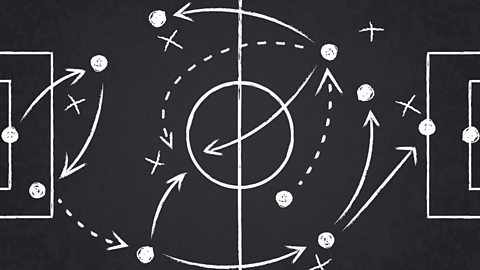
How factor interaction impacts on performance
Revise how the four factors (mental, emotional, social and physical) interact with each other for Higher Physical Education.
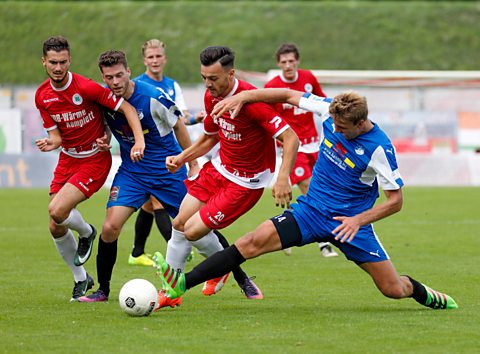
Cycle of analysis
Data collection
Why do we collect data on our performance levels in a factor and how do we do it?
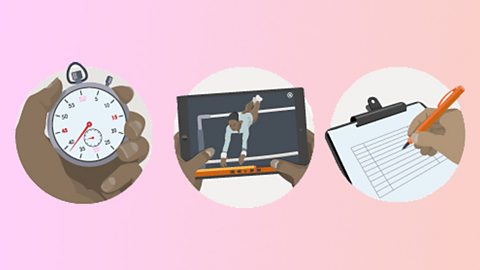
Methods of collecting data for the four factors
There are different methods of collecting data for each of the four factors. Whichever method you choose, you need to ensure that it is appropriate and that you know its benefits and limitations.
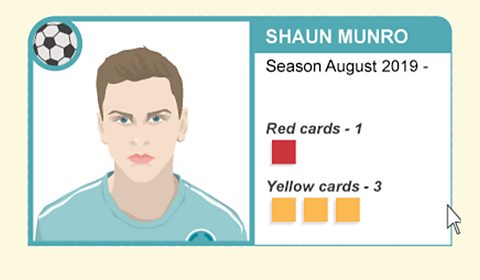
Model performances
A model performer is someone who can perform to an almost exemplary standard in an activity. It is rare to find the same model performer for all four factors.
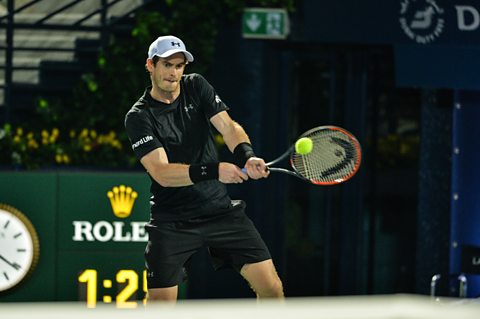
Feedback
Feedback is an important part of gathering data and developing performance in Higher Physical Education. Feedback can be divided into two different types: intrinsic and extrinsic.
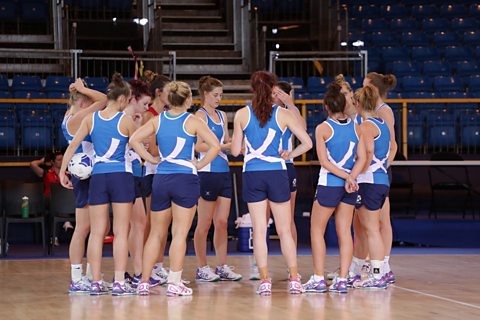
Key planning information
After collecting data on your abilities in a particular factor, analyse the results and create a development plan that is relevant to your performance levels. This involves goal setting, training principles, and effective practice.
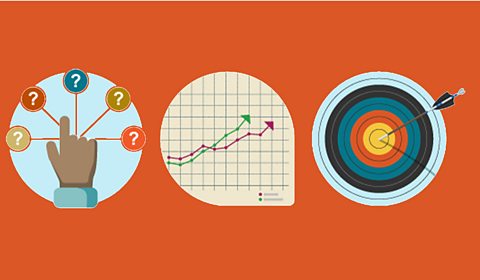
Approaches to developing performance
After creating a development plan, it is important to understand the approaches that can be used to develop each factor of performance.

Factors and their impact on development
The four factors (mental, emotional, social and physical) can impact on your whole performance but it is also important to focus on how these factors can impact on how your performance develops.
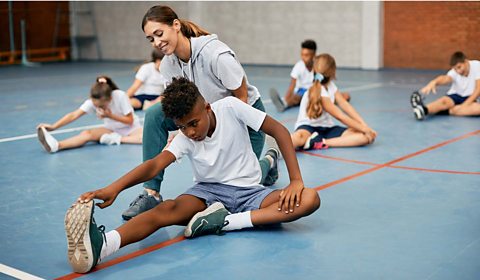
Recording, monitoring and evaluating performance development
Evaluating and monitoring your performance allows you to determine which approaches are working. If necessary you can adapt them to be more suitable to your development plan.

Adapting and implementing change
After recording and monitoring your performance, you should be able to adapt development sessions and reset performance goals to allow for future progression.
